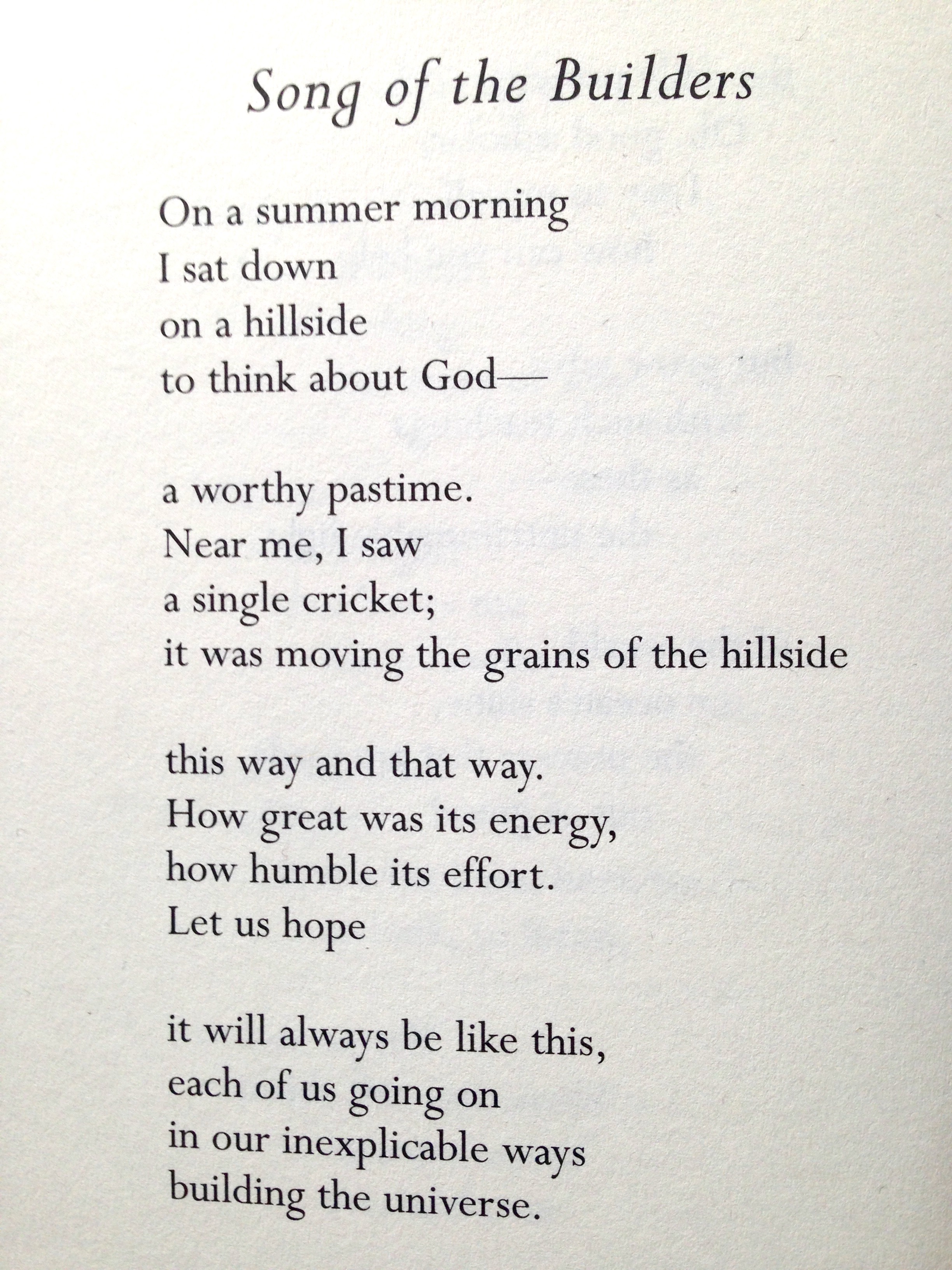One of the books that I bought when a friend gave me a gift card to Half-Price Books several months ago was French Dirt: The Story of A Garden in the South of France by Richard Goodman. (I wrote about it in my newsletter last week and am writing of it here as well, adding some new thoughts.) Since I'm not a gardener, I'm not exactly sure why I put this book in my stack, but I know its cover art along with the suggestion of a creative endeavor in France held substantial appeal. A first-time gardener, plus being from New York City, Goodman had many questions about how to begin. One of the things he quickly learned was that he must "tend" his garden every day. Tend: isn't that a great word? It means "to have the care of; watch over; look after." Reading French Dirt made me think not only about how much I'd love to travel to the South of France but also about my writing and how long I sometimes go without tending it. Perhaps you have something to tend as well, something that's not your paid work but work of another variety, even work of the leisurely variety. (As his book affirms, there's sometimes a thin line between work and leisure). What a gift it is when someone shares the way in which they tend what is theirs to tend.
And speaking of someone sharing their way, another thing that interested me in reading this book is that although it looked brand new, there were three papers stuck in the pages, which I hadn't noticed until I started reading. First, there was a receipt for the book, dated New Year's Eve of 2010, from Haslam's book store in St. Petersburg, Florida, my old home town! An independently owned bookstore, Haslam's is now more than 80 years old. Next, there was a short page of four notations from the book. Among them the reader had noted a gorgeous piece of writing on page 26, in which Goodman wrote about watering the garden by moonlight, a section I had just read and delighted in before discovering this paper, and a word on page 82 that I also had paused over, estival, a new word to me but one that is most appropriate right now because it means " pertaining or appropriate to summer." Finally, there was an article from The New York Times, dated August 28, 2011, about Richard Goodman riding his bicycle nearly daily from his home on the Upper West Side down to ground zero, or as close as he could get, for three months after 9/11 ("Coping With 9/11, Riding on Two Wheels") and then writing about it in a limited-press book called The Bicycle Diaries: One New Yorker's Journey Through 9/11, which he did in partnership with the book's illustrator, Gaylord Schanilec.
I like to think the book's previous reader intentionally left these papers stuck in the pages for the benefit of its next reader. A camaraderie of sorts. A mystical tending of the community of readers.
~~~
[Photo: taken of the cover of French Dirt.]






